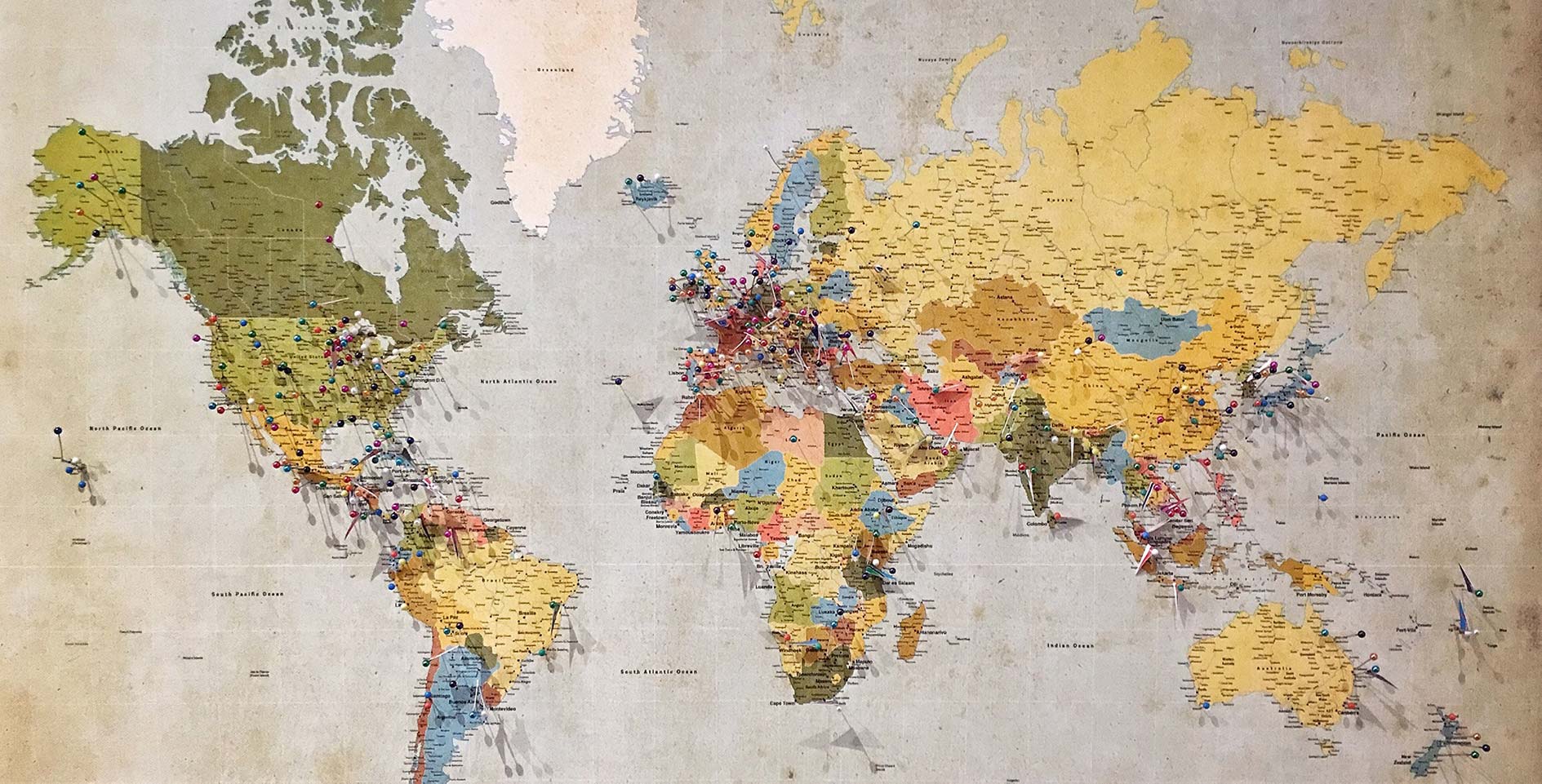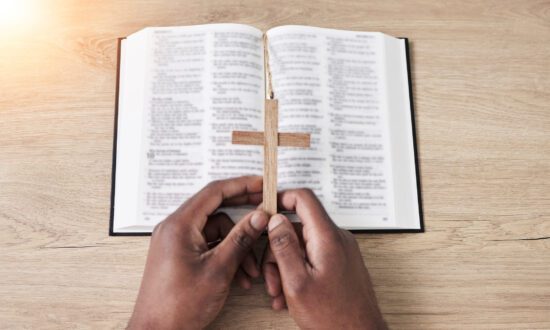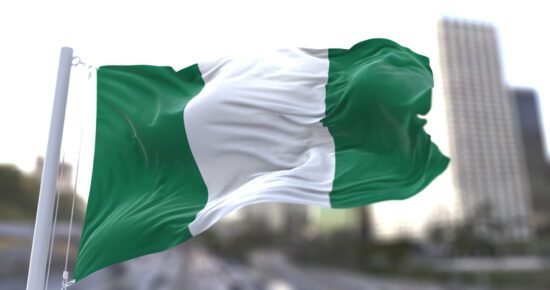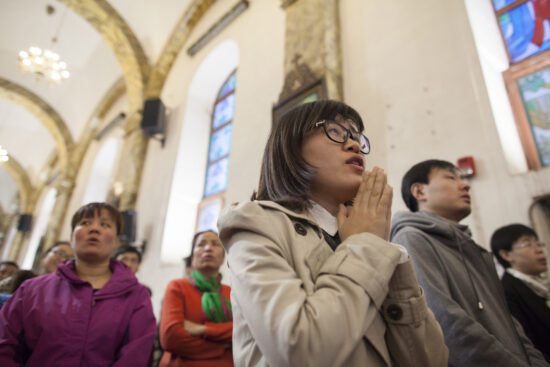On April 29, the United States Commission on International Religious Freedom (USCIRF) released its 2019 annual report. As the report mentions, USCIRF was created as a result of the International Religious Freedom Act of 1998 (IRFA). USCIRF “is an independent, bipartisan U.S. government advisory body, separate from the U.S. Department of State, that monitors religious freedom abroad and makes policy recommendations to the president, secretary of state, and Congress.”
The recommendations in USCIRF’s report are based “on its statutory mandate and the standards in the Universal Declaration of Human Rights and other international documents.” The report is 234 pages long, providing key findings from each country that the report lists as a concern for international religious liberty and additional policy direction for the administration and Congress.
Findings of the report
The 2019 annual report classifies countries on various tiers depending upon the severity of religious freedom violations. In this year’s report, USCIRF designates Burma, Central Africa Republic, China, Eritrea, Iran, Nigeria, North Korea, Pakistan, Russia, Saudi Arabia, Sudan, Syria, Tajikistan, Turkmenistan, Uzbekistan, and Vietnam as Tier 1, or Countries of Particular Concern (CPC). Such a designation arises from how these countries “engage in or tolerate particularly severe religious freedom violations, meaning those that are systematic, ongoing, and egregious.”
Afghanistan, Azerbaijan, Bahrain, Cuba, Egypt, India, Indonesia, Iraq, Kazakhstan, Laos, Malaysia, and Turkey are all categorized as Tier 2 countries, which means these nations engaged in or tolerated serious violations of religious freedom and were “characterized by at least one of the elements of the ‘systematic, ongoing, and egregious’ CPC standard.”
Finally, the report addresses “entities of particular concern” (EPC), which consists of the Islamic state of Iraq and Syria (ISIS), the Taliban in Afghanistan, al-Shabaab in Somalia, Houthis in Yemen, and Hay’at Tahrir al-Sham (HTS) in Syria. EPCs are defined as “nonstate actors engaged in particularly severe violations of religious freedom.”
The role of government
In a globalized world, USCIRF’s efforts to promote and preserve religious freedom around the world reflects God’s good intentions for governments to work for the benefit of its citizens by rewarding good and punishing evil (Rom. 13:1-7). Governments play an essential role in the world, but they should not play a dictatorial role in religion. When a country like China terrorizes unregistered religious groups or a country like Nigeria fails to respond to attacks on Christian farmers in the Middle Belt, countries like the U. S. should not stand idly, acting as if religious freedom in other countries is not its concern. Instead, the U.S. should use its prominent position in the world to exert diplomatic pressure on countries that devalue human life through severe religious restrictions.
How we can pray
Christians should applaud the work of the USCIRF and take note of its annual report. In addition to resources like the Joshua Project and Operation World, Christians can utilize the report like a prayer guide for the nations. Here are four ways that Christians can use USCIRF’s annual report in daily prayer for the nations:
- We can pray for the endurance and faithfulness of Christians who live in the countries listed in the report.
- We can pray for those who have not yet heard the good news of Jesus Christ because of the difficulties that missionaries encounter with the government.
- We can pray with gratefulness to God for the religious freedom that he has granted us at this time in history.
- Finally, we can pray for God to use the efforts of USCIRF and other international organizations to quell the religious freedom violations that exist around the world so that the gospel might advance without hindrance (Col. 4:3).










